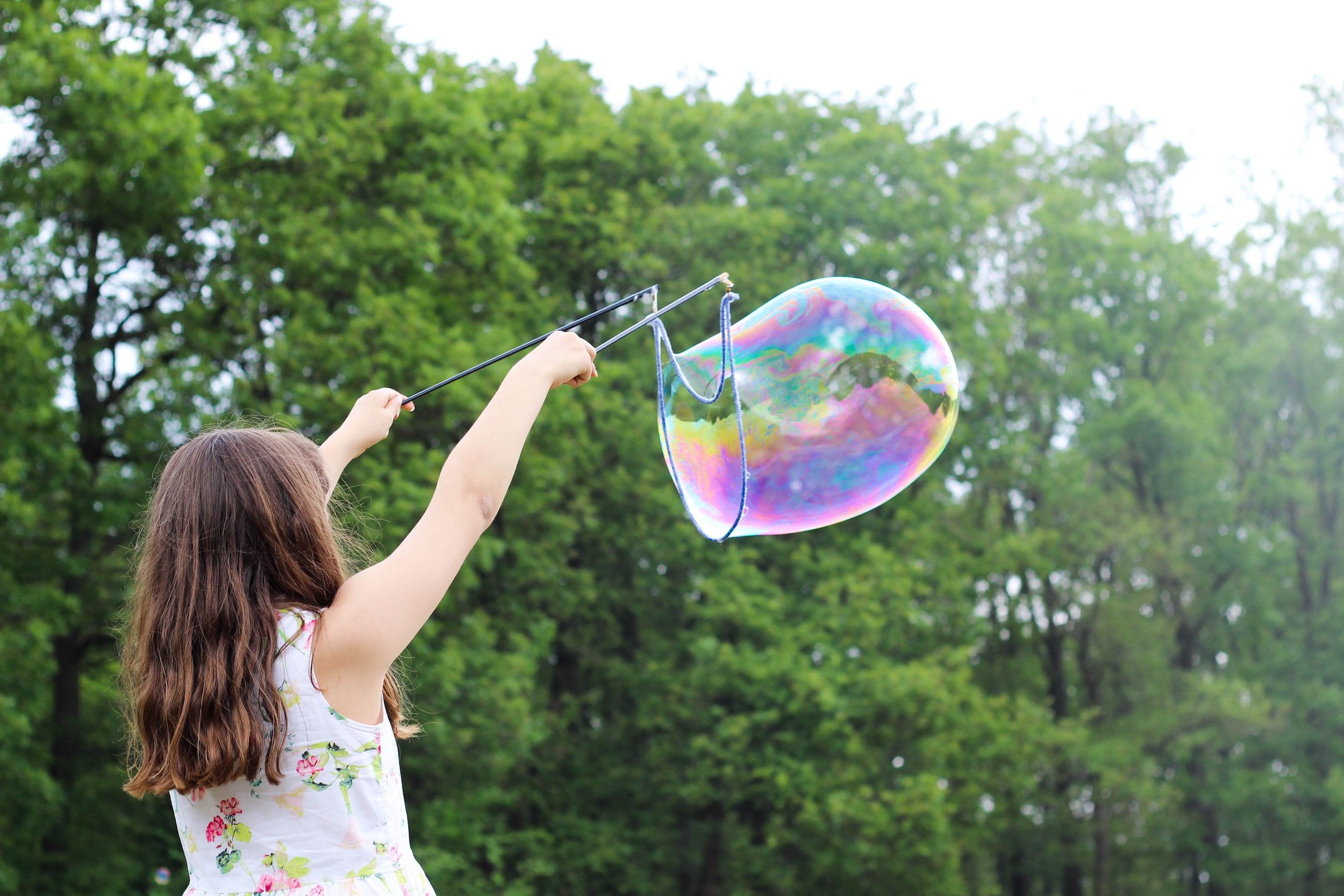How Inner Child Work Can Heal Perfectionism
By: Dr. Denise Renye
Do you struggle with perfectionism? You’re likely already aware of the definition, but just in case, perfectionism is the unrealistic desire or expectation that you’ll be perfect all or most of the time and then beating yourself up when you’re not. If you’re a perfectionist, you may be tempted to berate yourself for it but keep this in mind: Perfectionism is a coping skill. It often arises when there’s a sense of rigidity or complete chaos in the rearing environment.
Other times, perfectionism may appear if your temperament clashes with your parent(s) or guardian(s), meaning you were shamed for being yourself and thus learned you needed to behave differently in order to prevent abandonment emotionally. Children who become perfectionists learned early on there were serious emotional, and sometimes physical, consequences for making mistakes. That could be punishment in the form of withdrawing privileges, the parent or caregiver withdrawing emotionally, verbal tongue-lashing, corporal punishment, etc.
Perfectionism is an attempt to hold onto the illusion of control. It’s a creation of the mind to give a sense of power to a situation or environment where helplessness may abound. When the environment is chaotic, the mind wants to create control from within. One way of doing that is to begin a practice of self-discipline and buy into the idea that perfection exists and that you can embody it in this world (you simply cannot).
Inner child work can be healing for perfectionism because you are every age you’ve ever been so there is still a child within you yearning for freedom, compassion, and understanding. By doing inner child(ren) work, there is a possibility of softening the internal drill sergeant, of being less rigid with how things "need" to be. By doing inner child work, you may develop a sense of compromise, which is something that could come in handy for relationships of all kinds, friendship, romance, and work.
Doing inner child work may bring a sense of play for you and that can be understood as the opposite of perfectionism. Perfectionism says, "This is the way it is supposed to be. There is no other option,” whereas play is spontaneous, fluid, and allows for mistakes, silliness, and fun. Play means you are detached from the outcome – it doesn’t matter if you miss a musical note or you create a drawing and your tree looks like a blob because you’re just playing around. During play, there is a release of "should" and allowance for embracing possibilities. Not to mention, play is by its definition fun whereas perfectionism can be very stressful.
With inner child work, you’re creating a perhaps new and healthy relationship with your inner children. You are playing with them, letting them know it’s OK to do so. If you follow my first inner child activity, you’ll notice I say to simply draw without worrying about the outcome. You’re letting your inner child know whatever they create is wonderful. There’s no expectation that you’ll be the next Van Gogh because instead, you’re allowing yourself the freedom to express and enjoy art in the moment. The act of creation without judgment is itself a healing process.
The more you let yourself play, the more you allow yourself to make mistakes, the more you may notice perfectionism becomes less intense because your inner children are learning there is no one right way to do things. An anecdote for you: The famous American psychologist and writer Virginia Satir found there are 250 ways to wash dishes! If there are that many ways to wash dishes and they all end up clean, surely there’s more than one way to do everything.
If you find perfectionism is still very entrenched, perhaps what your inner kid needs is some “do-overs” or imagining going back in time and creating different scenarios or outcomes. It’s never too late to have the carefree childhood of your dreams.
Journal Prompts
· What would life be like if it were impossible to make mistakes?
· How would my little one inside play if there were no judgments?
· Little one, what do you wish to create today?
Subscribe to my newsletter and you’ll be the first to know about exciting new developments.

